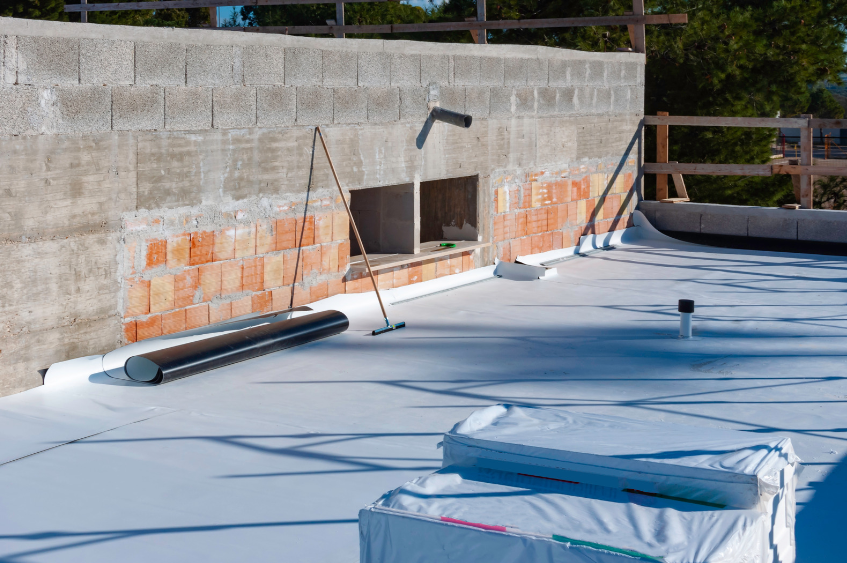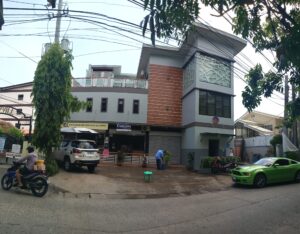When it comes to protecting your property from water damage, choosing the right waterproofing solution is crucial. Waterproofing services offer various options, but the choice often boils down to two main types: liquid and sheet membranes. This blog will compare these two popular waterproofing solutions to help you determine which is best suited for your needs. By understanding the advantages and disadvantages of each, you can make an informed decision and ensure effective protection for your property.
Understanding Waterproofing Membranes
Waterproofing membranes are essential components in protecting buildings from moisture and water damage. These membranes are designed to prevent water from penetrating through surfaces, ensuring the integrity and longevity of your structure. Waterproofing services typically involve the application of these membranes to areas prone to water exposure, such as roofs, basements, and terraces. Understanding the fundamental role of waterproofing membranes will help you appreciate the importance of choosing the right type for your specific needs.
Liquid Waterproofing Membranes
Liquid waterproofing membranes are a popular choice in waterproofing services due to their unique properties. These membranes are applied in a liquid form and then cure to form a seamless, durable layer. The key advantages of liquid membranes include their seamless application, which eliminates joints and seams that could potentially leak. They also offer flexibility, accommodating surface movements and minor cracks. However, liquid waterproofing membranes require careful application and proper curing time. Misapplication or inadequate curing can lead to ineffective protection, making professional waterproofing services essential for optimal results.
Sheet Waterproofing Membranes
Sheet waterproofing membranes are another common option in waterproofing services. These membranes come in pre-fabricated sheets that are applied to surfaces to create a continuous barrier against water. One of the main advantages of sheet membranes is their instant water resistance upon installation. They provide a consistent thickness and performance, and are easier to inspect and repair if necessary. However, sheet membranes have potential drawbacks, such as the need for precise installation to avoid issues with joints and seams. The installation process must be meticulous to ensure that all seams are properly sealed, highlighting the importance of skilled waterproofing services.
Comparing Liquid vs. Sheet Membranes
When comparing liquid and sheet membranes, it’s important to consider several factors. In terms of performance, both types offer effective waterproofing, but their suitability can vary depending on conditions such as UV exposure and water pressure. Installation is another critical aspect; liquid membranes are more flexible but may require a longer curing time, while sheet membranes offer immediate protection but demand precise application. Cost considerations also play a role, as initial expenses may differ, and long-term maintenance and repair costs should be evaluated. Durability is another key factor, with each type offering different lifespans and resistance to environmental factors. Evaluating these aspects with the help of professional waterproofing services can ensure that you choose the right solution for your specific needs.
Choosing the Right Waterproofing Solution for Your Needs
Selecting the appropriate waterproofing solution depends on various factors, including the type of project, surface conditions, and budget. Residential and commercial applications may have different requirements, and specific needs such as high-traffic areas or extreme weather conditions should be considered. Surface compatibility is also crucial; some membranes may be better suited for concrete, wood, or metal surfaces. Balancing initial costs with long-term benefits and maintenance considerations is essential for making a cost-effective choice. Consulting with expert waterproofing services can provide valuable insights and help you make an informed decision based on your project’s unique requirements.
Takeaway
Both liquid and sheet waterproofing membranes offer distinct advantages and potential drawbacks. By understanding the key differences and evaluating your specific needs, you can make a well-informed choice for effective water protection. Professional waterproofing services can provide expert guidance and ensure that you select the best solution for your project. Whether you choose liquid or sheet membranes, proper installation and maintenance are critical for achieving optimal performance and safeguarding your property.




